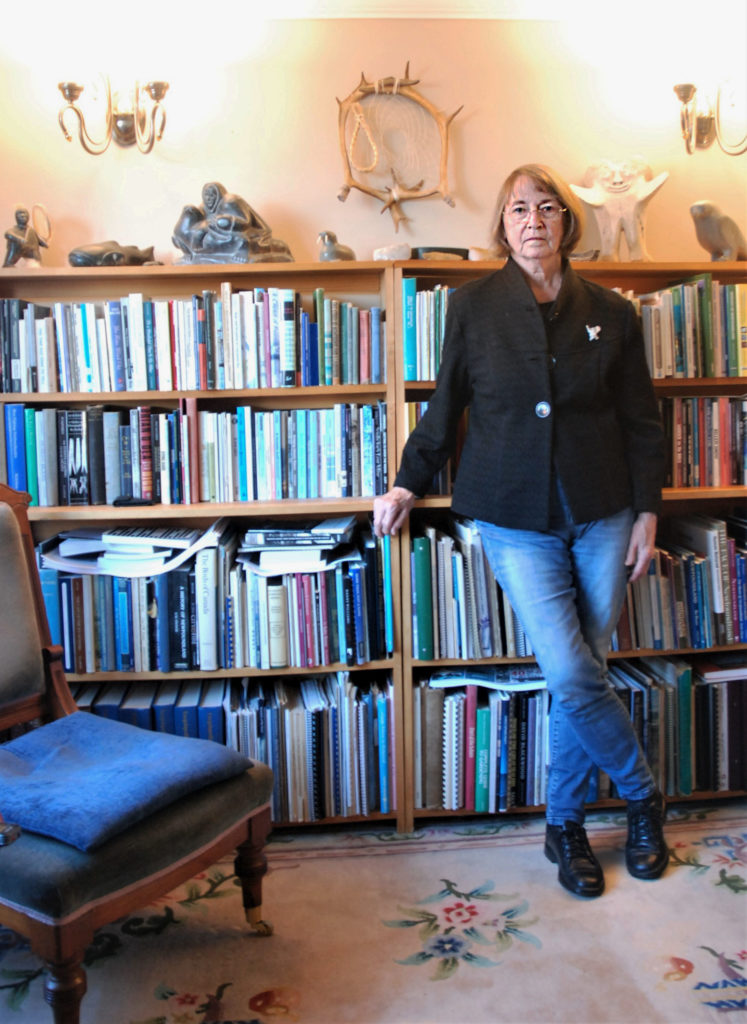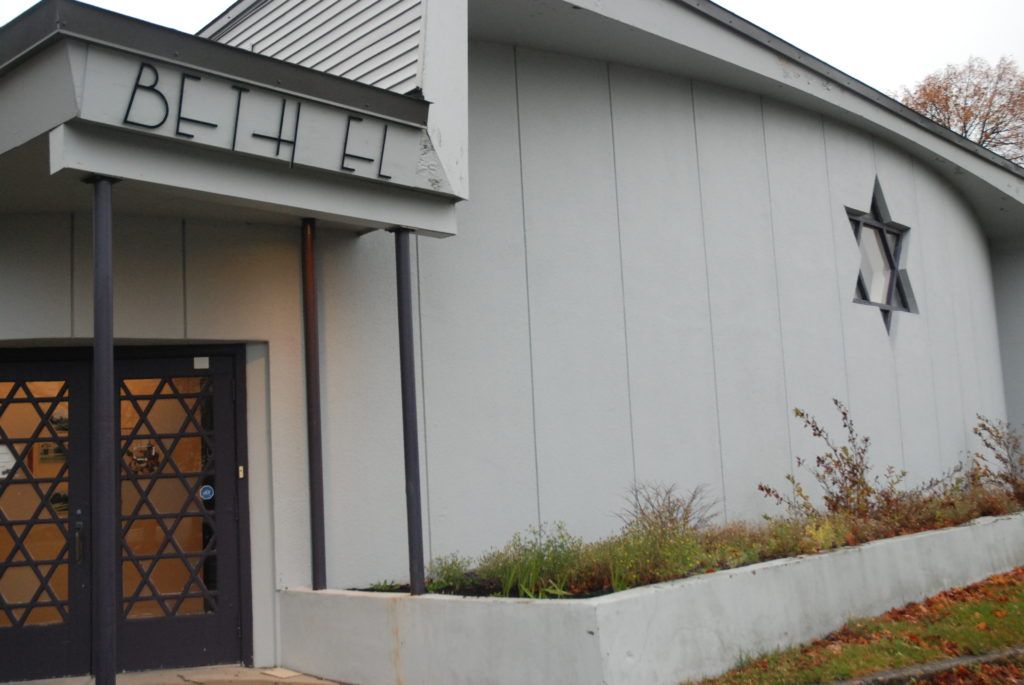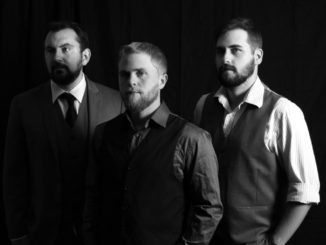The earliest people of Jewish descent came from Plymouth, England, in the 1770s.
Ken Meeker
Kicker
The centuries old Jewish community in Newfoundland and Labrador is adapting to modern challenges.
Robin McGrath is a writer who has just published her 25th book. She penned The History of the Jews of Newfoundland and Labrador from 1770.
McGrath, who is Jewish, says many waves of Jewish immigrants arrived on Newfoundland’s shores.
“They came over mostly as fur traders and fish traders, merchants really,” said McGrath. “Some of them came every year but went home to England in the winter and some came and stayed and inter-married here.”

The second wave of Jewish immigrants came with a rush of Polish and Russian refugees, with St. John’s being the first stop.
Typically, they would head on to Canada or the United States.
The third wave came shortly after the end of the Second World War. They were Holocaust survivors, including Philip Riteman, who wrote a book and spoke publicly about his experiences.
“After that it was not a wave, but a trickle of university professors, dentists, lawyers, people like that,” McGrath said.
The Jewish community has always been relatively small, but much of what it established has faded.
“Somehow things keep going. There’s a level of fluctuation, a level of surprise.”
– Steven Wolinetz
Steven Wolinetz is the president of the Havura Jewish community and a former political science professor at Memorial University.
“We are very much a fluid community,” Wolinetz said. “Most of our original members have moved away to the mainland, sometimes following their children.”
The Havura community is more in the reform tradition, formed after a split in the Jewish community about 15 years ago.

Regardless of faith, says McGrath, people leaving this province is nothing new.
“Newfoundland has always exported its people, much more than anything else – other than fish,” McGrath said.
“It’s easy to be kosher in St. John’s, it’s almost impossible to be kosher in Goose Bay.”
– Robin McGrath
She says a key objective of the Jewish merchants was sending their children to university, with medical school being the priority. Since there was only so many doctors and medical professionals Newfoundland could absorb, many moved away, had children and now many of these original community members are moving to be with their families.
In the 2016 census, there were 285 Jewish people in Newfoundland and Labrador.
Another issue facing the Jewish community is one many faiths struggle with, a more secular society.
“There’s less religious observance everywhere in North America now. In Newfoundland, people don’t flock to the churches on Sunday like they used to. It’s the same with Jewish people, they don’t feel the need to go to the synagogue, to have an expensive membership. They feel they can be Jews on their own,” McGrath said.
Which, she added, as the only Jew in Goose Bay at one time, was very difficult.
“It’s easy to be kosher in St. John’s, it’s almost impossible to be kosher in Goose Bay. Goose Bay could have been a very lonely place for me if I hadn’t been prepared to go out with the Innu and eat caribou,” said McGrath. “But if I kept kosher, I couldn’t eat caribou.”
Wolinetz says the community is ever-changing, and faces challenges.
“We have at this point fewer older people, and perhaps fewer people to take leadership roles, but there are students who get involved,” said Wolinetz. “Somehow things keep going. There’s a level of fluctuation, a level of surprise.”




Be the first to comment